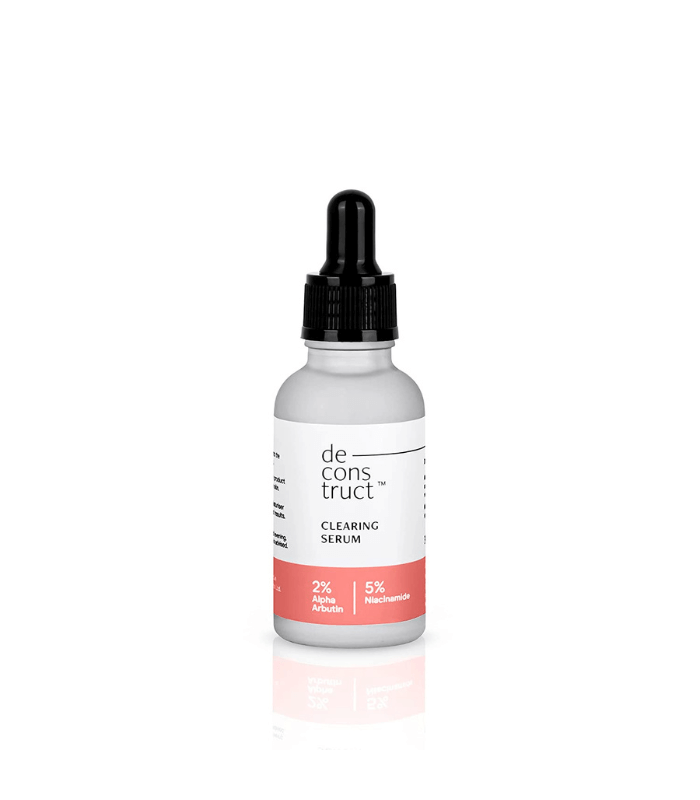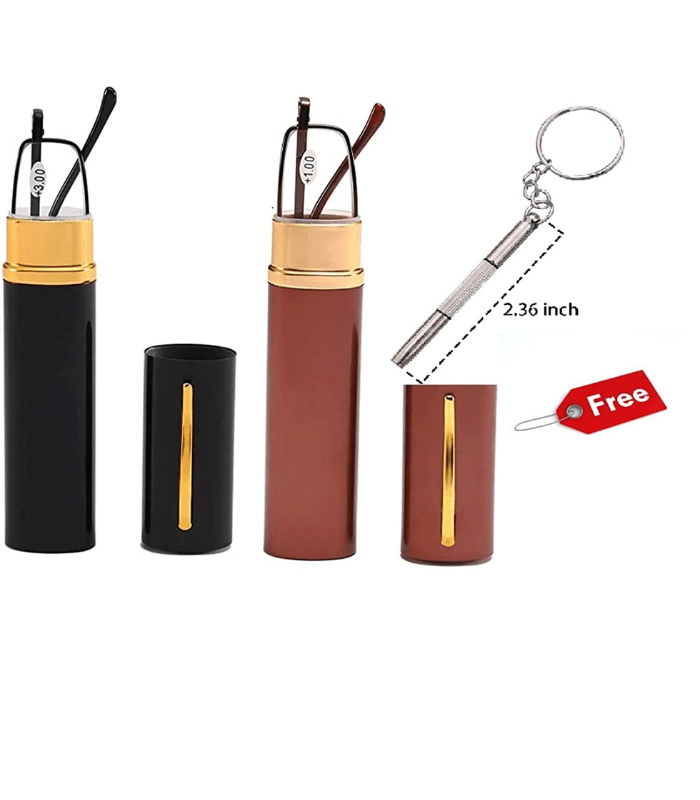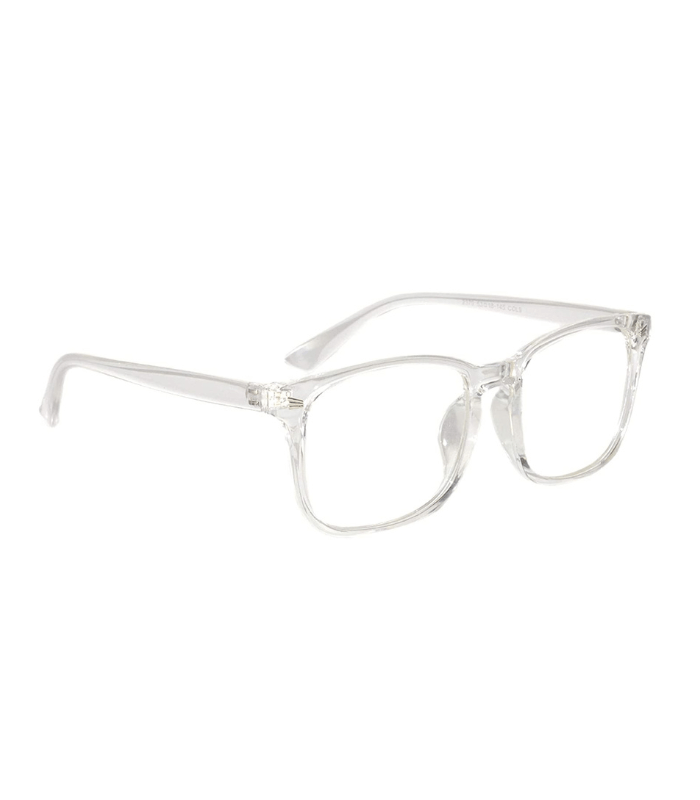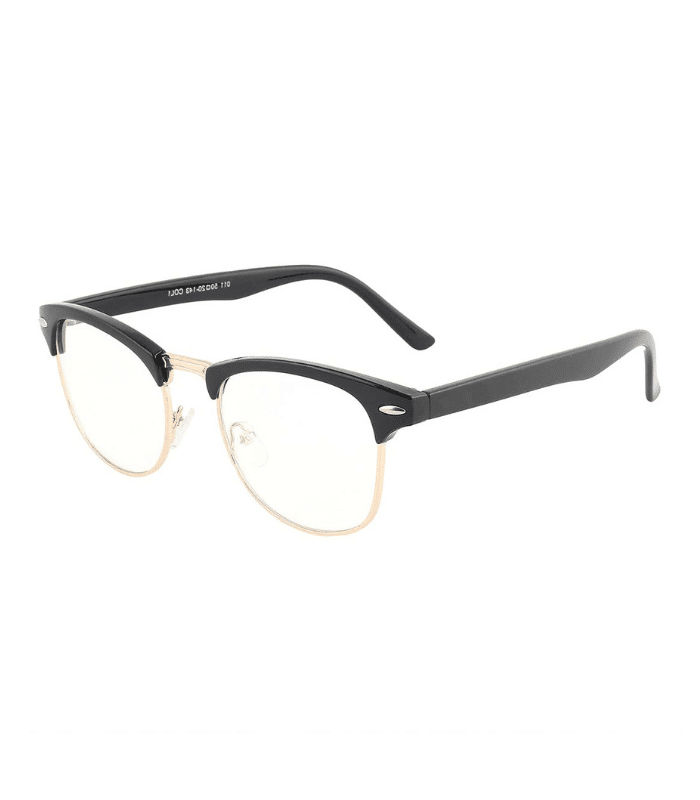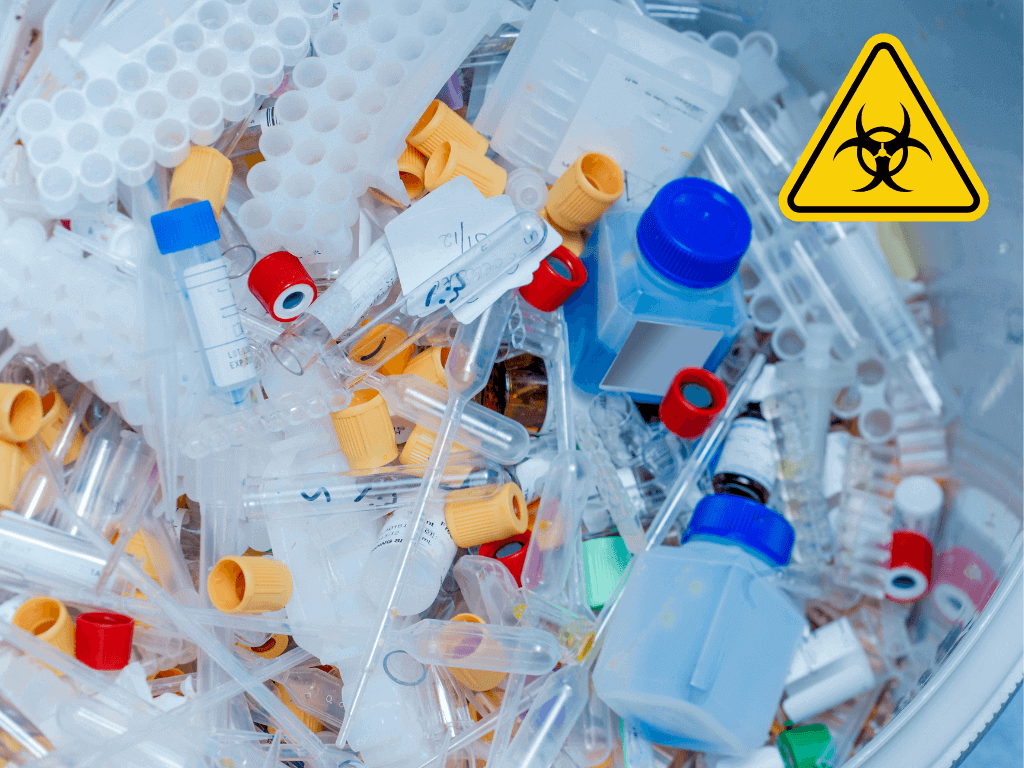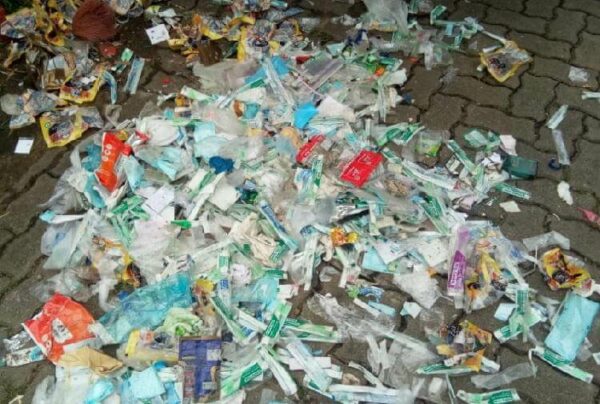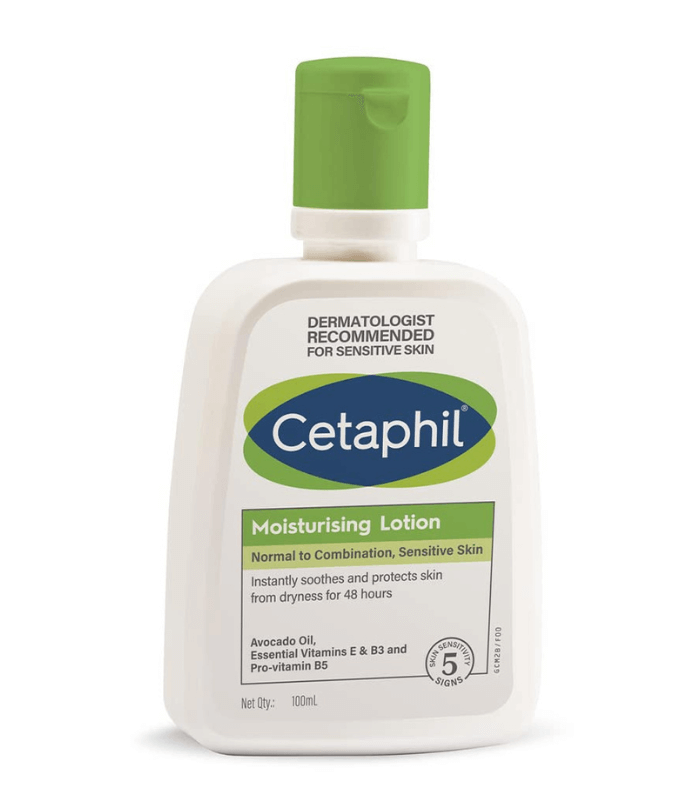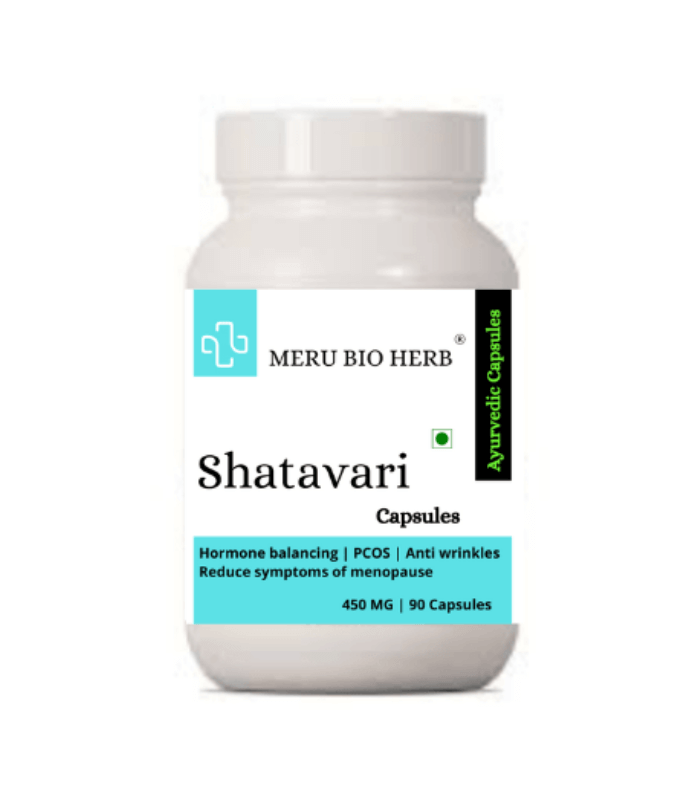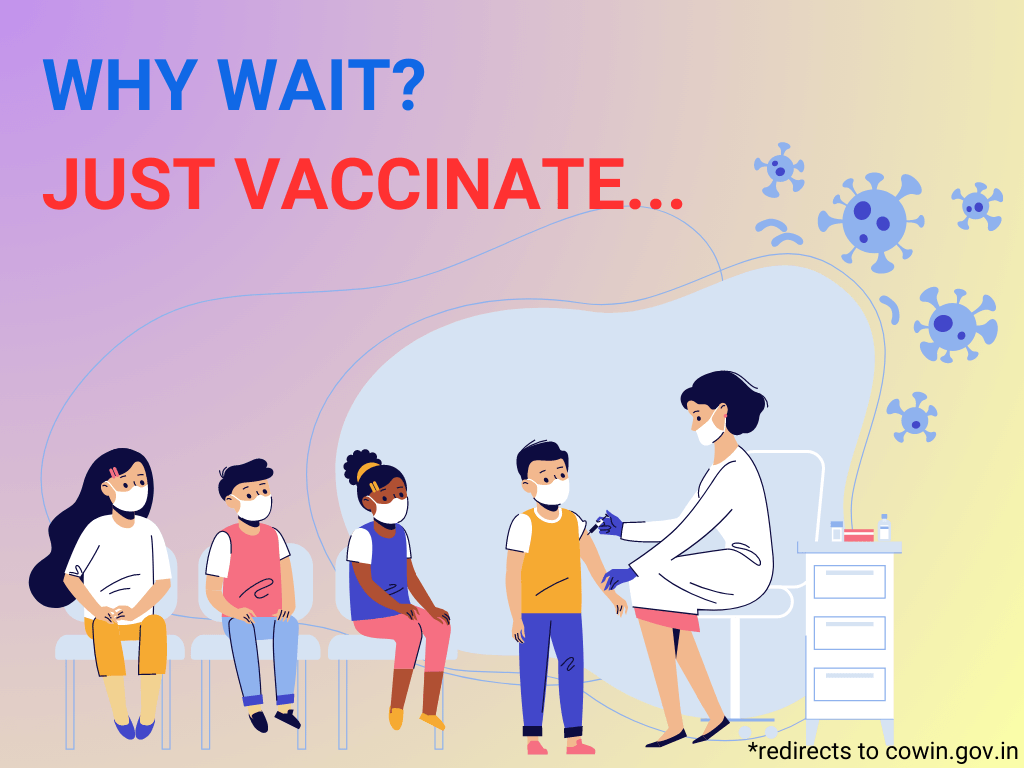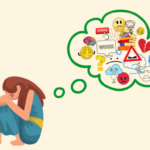“Let the wastes of the sick not contaminate the lives of the healthy” – this pandemic has pointed out clearly that we should maintain basic hygiene to live a healthy life. Using sanitizers and masks have reduced the risks of us being infected by coronavirus; but what about the higher risk- that is, the dangerous biomedical wastes?
So, what are biomedical wastes? What are the types? What is included in it? Let’s check out.
Biomedical wastes are any type of wastes that are generated in hospitals and medical laboratories and that may contain potentially hazardous or infectious matter. It is produced as a by-product of healthcare-related activities in medical institutions.
Biomedical wastes are classified into 4 types- General, Infectious, Hazardous and Radioactive.
General Waste
General Waste from clinics is simply treated as any other form of municipal waste since it contains paper, plastics, and any type of waste that is also generated in offices and households. According to the World Health Organization (WHO), it consists of about 85% of medical wastes and is often disposed of in landfills as its non-hazardous; we don’t want to live in a trashcan though!
Infectious Waste
Wastes containing potentially infectious matter that are risky for living beings, like body fluids(blood, secretions), body tissues, amputated body parts and organs, used bandages, used gloves, come under this category. About 10% of the total medical wastes are infectious wastes. We can’t let these not be disposed of in the right way!
Hazardous Waste
The non-infectious wastes that are harmful to humans and other living beings in ways other than direct infection are called hazardous wastes. These include sharp blades, syringes, needles, drugs, chemicals, solvents and reagents, etc. These meet federal guidelines for hazardous waste under the Resource Conservation and Recovery Act (RCRA). Next time be careful when you visit the clinic and make sure they are using a brand new syringe on you!
Radioactive Waste
Why is managing medical waste considered so crucial, especially during the pandemic? What threats does it pose?
- WHO estimates that every year 16 billion injections are administered worldwide, but these are not disposed of properly. So gross!!
- There should be separate labelled bins for the segregation of different types of biomedical wastes. Ever seen those color-coded bins in reputed hospitals?
- Ways of wastes disposal can be- incineration, autoclaving, radiation treatment of wastes, etc.
- Medical wastes if mixed with municipal wastes can spread life-threatening diseases in the environment.
- Sharp blades, needles, syringes if disposed off without taking precautions may cause physical harm to humans as well as animals.
- In times of pandemic, wastes containing human saliva and respiratory secretions can spread COVID-19 among healthy individuals. Hospitals treating coronavirus infected patients must take extra care in disposing of wastes and must frequently sanitize their surroundings. Wash your hands with soap, buddy!!
- Waste should be managed in such a way that it reduces the chances of touch.
- Wastes if not managed effectively can cause other catastrophic diseases like HIV, Hepatitis, Ebola and exposure to a lot of pathogens. Horrific!
- Water bodies, if contaminated with infectious medical wastes, can cause large-scale destruction of life.
- Air pollution rises at an excessive rate due to open incineration (burning) of wastes and substances like dioxins, furans (human carcinogens) and particulate matter may be emitted which may cause lung and heart diseases, problems of vision and premature death.
- Long-term exposure to radioactive medical wastes may cause birth defects in offspring. It can also cause hair loss, nausea, vomiting, hemorrhage, nervous disorders, cancer, DNA damage and even death.
- According to the WHO “A person who experiences one needle stick injury from a needle used on an infected source patient has risks of 30%, 1.8%, and 0.3% respectively of becoming infected with HBV, HCV and HIV.”
“With all waste or pollution, someone somewhere pays for it…”- from now on we should be extra careful in disposing off our wastes as well as we should encourage others to apply proper techniques in managing wastes.
As much as we are getting to enjoy this beautiful planet Earth, we should also treasure it and make it livable for the coming generations!
“Live gently upon this Earth”
#clinqon_india #biomedicalwastes #circulareconomy #sustainability #earth #wastemanagement #trauma #ebola #covid19 #pandemic #blades #needles #syringes #healthcare #wellness


